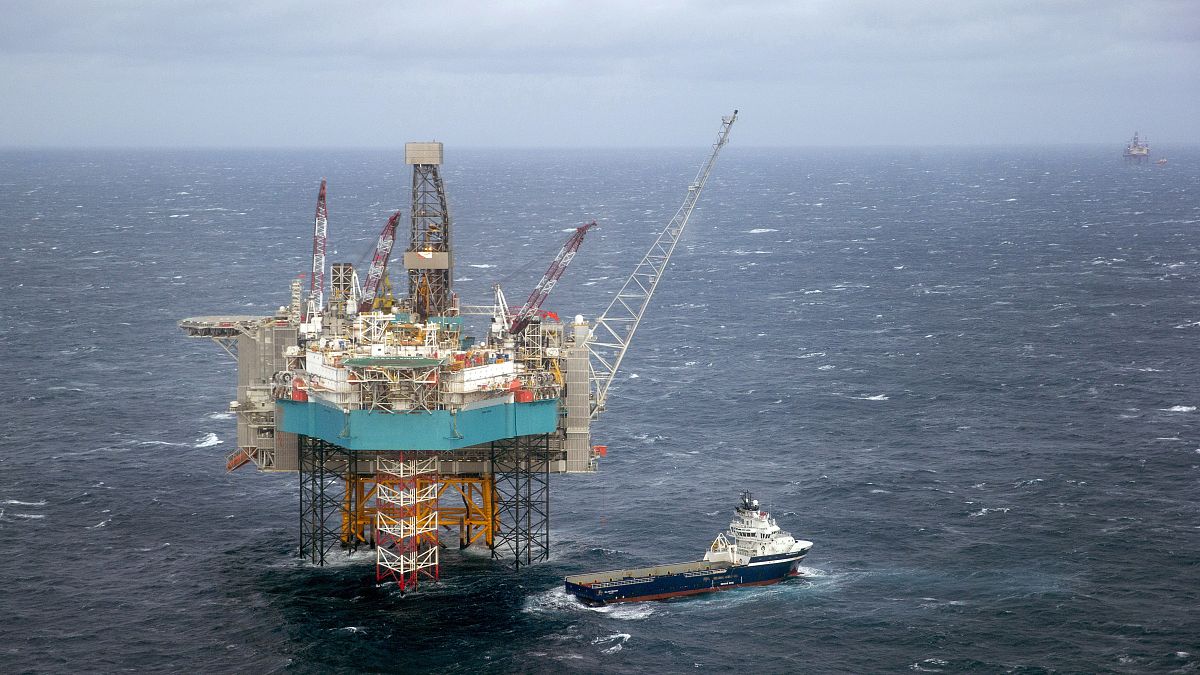Friends of the Earth says the government was offering a 'free pass' for the Norwegian energy industry, a major part of the country's economy
Norway's plans for a major expansion of oil exploration in the Arctic Circle has been attacked by environmental campaigners who say it disregards a commitment to tackle climate change.
Petroleum and Energy Minister Tina Bru announced on Wednesday that the government would auction 136 licences for oil exploration, the vast majority of which would be in the Barents Sea.
She said in a written statement that exploration for new reserves was one of the pillars of Norway’s petroleum policy, adding: “We need new discoveries to maintain employment and value creation going forward.”
But Friends of the Earth called the announcement a “free pass” for the country’s oil and gas industry, which has become a major source of Norway’s wealth since substantive fossil fuel reserves were discovered in the North Sea in the late 1960s.
“If this goes through it puts us on a path that is in clear violation of the emission reductions that is needed to achieve the Paris agreement [on climate change],” said Silje Ask Lundberg, chair of the group, which is also known as the Norwegian Society for the Conservation of Nature.
“It also really shows that Norwegian politicians, well, they talk a good game on the international stage but when they come back home, they let our biggest polluter, which is the oil industry, get a free pass.”
The proposed licences announced on Wednesday would allow exploration in uncharted parts of the continental shelf off Norway’s northern shoreline, which according to the government means it is “most likely” to result in new discoveries.
Norway was one of the first countries to ratify the 2015 Paris global climate deal and has committed to reducing its greenhouse gas emissions by 40% in 2030.
Most of its domestic energy is already produced from renewable sources, particularly hydropower and wind farms.
But it is also Europe’s second-largest exporter of crude oil after Russia, meaning Norway’s economy contributes significantly to global carbon production.
Earlier this month Norway's parliament agreed to tax breaks to shield its oil industry from crude prices that have plummeted as demand fell after the coronavirus outbreak.
But Lundberg said support for the industry was an encouragement to “keep having them explore for more and more petroleum.”
